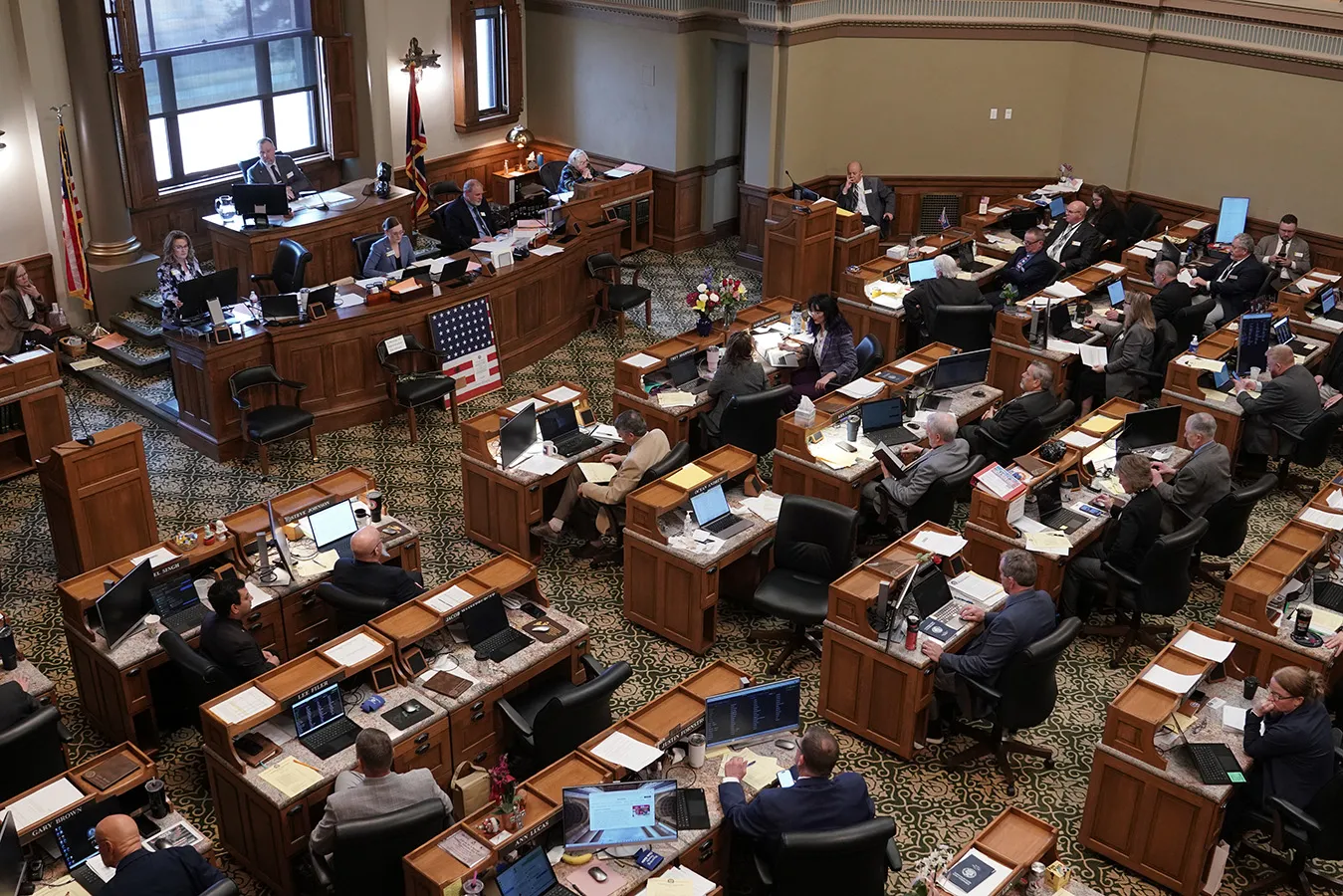While alcohol can have health consequences at any age, its risks increase significantly as people get older — even for those who consume it occasionally or in small amounts, the New York Times reports.
According to health experts, aging brings changes in body composition and metabolism that alter how alcohol is processed. This can make older adults more vulnerable to both the short- and long-term effects of drinking.
“Alcohol affects virtually every organ system in the body,” said Sara Jo Nixon, director of the Center for Addiction Research & Education at the University of Florida. “It particularly impacts older adults because there’s already some decline or impact in those areas.”
Adults 65 and older, for example, typically have less muscle mass and water in their tissues, explained Aaron White, a senior advisor at the National Institute on Alcohol Abuse and Alcoholism (NIAAA). As a result, a given amount of alcohol leads to higher blood alcohol concentrations, potentially causing intoxication after fewer drinks and increasing the risk of falls or other injuries.
Memory, reaction time, and coordination may also be more impaired in older drinkers than younger ones — even at relatively low blood alcohol levels. In one of Dr. Nixon’s studies, some older adults showed driving impairments after consuming less than one drink.
Beyond cognitive effects, alcohol can worsen or contribute to the development of chronic health conditions such as heart disease, diabetes, hypertension, cancer, and dementia. It also interacts with many medications older adults often take, potentially reducing their effectiveness or creating harmful side effects. This includes prescription drugs for diabetes, blood pressure, and anxiety, as well as over-the-counter medications like aspirin, which can increase the risk of gastrointestinal bleeding.
“Mixing alcohol with medications can lead to dangerous reactions,” said Michael Wheeler, a professor of nutrition science at East Carolina University.
Experts also note that alcohol may worsen common symptoms of aging, like sleep disturbances, which can make hangovers feel more severe in older adults — even if the evidence supporting that is largely anecdotal.
Research suggests alcohol use among older Americans may be rising. A 2023 federal survey found that 12% of adults aged 65 and older — around 7 million people — reported having four or more drinks in one sitting during the past month.
Public understanding of alcohol’s health effects has also shifted. While past studies suggested moderate drinking might offer benefits, more recent research indicates that no amount of alcohol is risk-free.
Still, cutting back or abstaining altogether is a personal decision, said Paul Sacco, a professor at the University of Maryland, Baltimore, who studies substance use and aging. “Drinking has meaning for people,” he said, and decisions about alcohol should be made with medical guidance and family support.
There’s no one-size-fits-all answer to what constitutes safe drinking for older adults, but Dr. Nixon recommends that people over 65 limit themselves to no more than one drink per day and no more than seven per week. The Centers for Disease Control and Prevention offers a similar guideline for women of all ages and a slightly higher limit for men.
“If you’re not currently drinking, don’t start,” advised Aryn Phillips, a health policy researcher at the University of Illinois Chicago.
For those who do drink, being honest with healthcare providers and staying attuned to physical or cognitive changes is key.
Abstinence isn’t always necessary, Nixon added, “but healthy aging probably does not include multiple drinks a day for most people.”










The latest news in your social feeds
Subscribe to our social media platforms to stay tuned